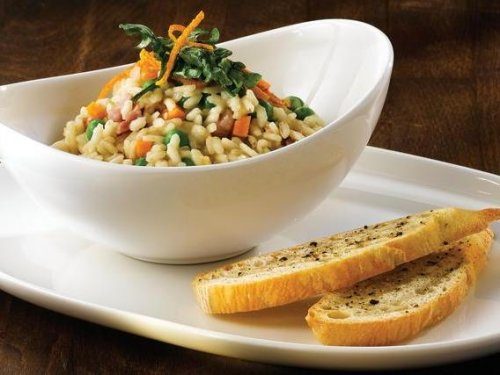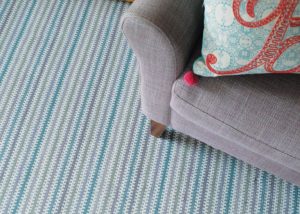No cracks showing despite revenues falling 40% at pottery manufacturer

Pottery manufacturer Churchill China has hailed its resilient performance as it looks to bounce back from the “substantial” effects of the Covid-19 pandemic.
The Stoke-on-Trent firm saw revenues drop 41% in the half year to the end of June to £18.9m, despite a good start to 2020 because of the impact of the coronavirus lockdown.
Churchill China chairman Alan McWalter said: “Churchill remains a resilient company with a strong market position and a geographically wide spread of business within the hospitality sector. Our key strengths of innovative design, technically differentiated products and market leading customer service will remain important in our markets.”
Profit before exceptional items came in at £500,000, down from £4.2m, but £900,000 in costs to deal with the effects of the coronavirus pandemic dragged it down to a £400,000 loss overall.
The company said: “The first six months of 2020 have demonstrated many of the qualities that define Churchill as a business. The year began exceptionally well, building on the success achieved over several years and the investments made in 2019. Our growth and differentiation strategies continued to deliver market share gains, particularly in export.
“The effect of Covid and associated worldwide lockdown measures on our business in the second quarter has been substantial, but our operational and financial strengths have allowed us to weather the initial storm, to respond quickly and to begin to recover with a high degree of energy. We have developed and implemented a number of plans that will give us more flexibility to respond to market conditions which, whilst currently improving, are likely to remain uncertain.”
The company said it entered the year with £15.6m of net cash and deposits, which by June had risen to £16.3m.
“Whilst the increase reflects the cash generative nature of Churchill’s business, it has been improved in the short term by the change in working capital requirements and lower capital expenditure during the lockdown period. We expect this working capital benefit to reverse in the second half year as we grow inventory and receivables, leading to lower, although still good, cash reserves at the year end,” the company added.








